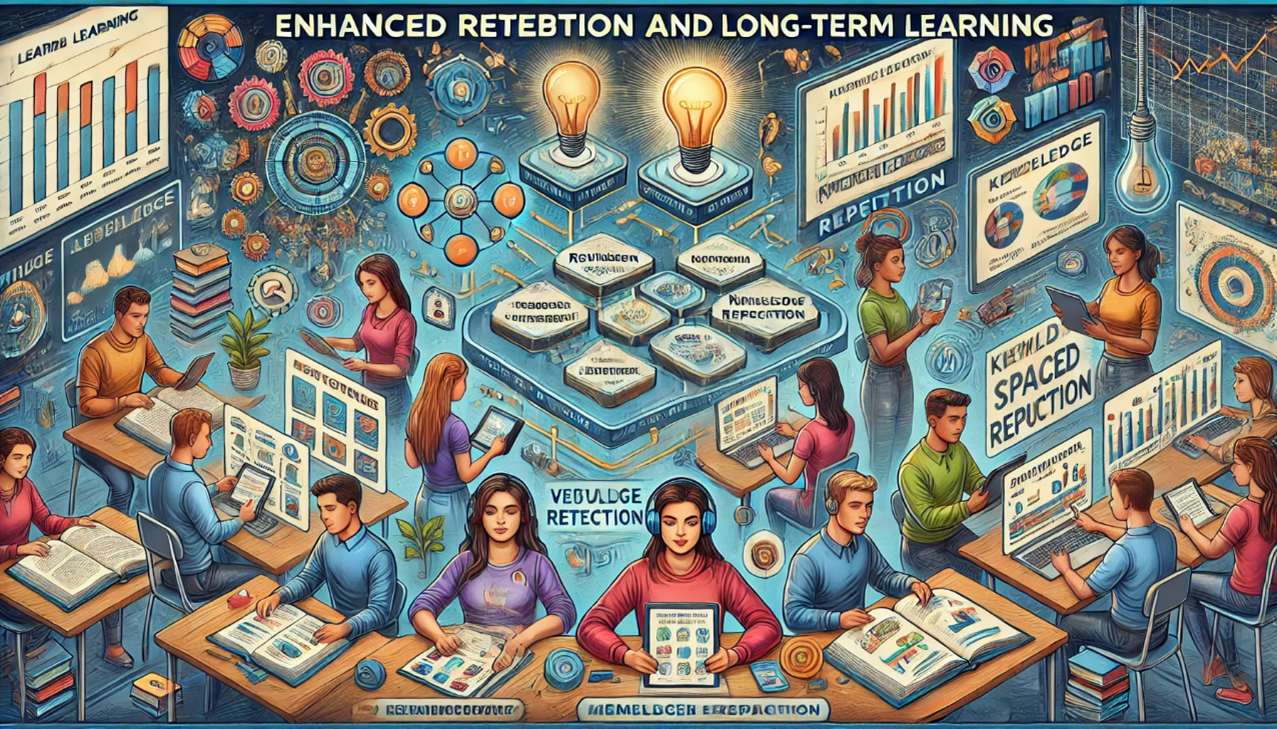Why do international climate agreements, like the Paris Accord, face challenges in implementation?

Why do international climate agreements, like the Paris Accord, face challenges in implementation?
by Maximilian 05:15pm Jan 06, 2025

International climate agreements, like the Paris Agreement, face several significant challenges in implementation. These challenges stem from a combination of political, economic, and social factors that complicate global coordination and action. Key challenges include:
1. Divergent National Interests:
Economic Priorities: Different countries have varying levels of economic development and industrialization, which can influence their priorities. Developing nations often emphasize economic growth and poverty reduction, which may conflict with the emissions reductions required for climate mitigation.
Historical Responsibility: Developed countries, which have historically contributed more to greenhouse gas emissions, are often expected to take greater responsibility for addressing climate change. However, countries with emerging economies, such as China and India, argue that they should not be held to the same standards because their emissions are lower per capita.
Economic Costs: Implementing climate policies, such as transitioning to renewable energy, can be costly. Some countries, especially those reliant on fossil fuels, may resist taking action due to the economic impact on industries like coal, oil, and gas.

2. Lack of Enforcement Mechanisms:
International agreements often rely on voluntary commitments rather than binding legal obligations. The Paris Agreement, for example, is based on Nationally Determined Contributions (NDCs) that countries submit, but there is no strict enforcement mechanism to ensure these commitments are met. This can lead to a lack of accountability.
Without consequences for non-compliance, countries may fail to meet their pledges, as they are not legally bound to do so.
3. Political Will and Governance:
Domestic Politics: Climate change is often a deeply partisan issue in many countries. Governments may lack the political will to prioritize climate action, particularly if it is not seen as an immediate concern by their constituents or if it faces opposition from powerful interest groups (e.g., fossil fuel industries).
Political Instability: In countries with unstable political systems or leadership changes, long-term climate policies may be undermined or reversed as new leaders take office and shift priorities.
4. Economic Transition and Development:
The transition to a low-carbon economy can disrupt industries, jobs, and national economies. This can be particularly challenging for countries heavily dependent on fossil fuels. For example, workers in coal mining and oil extraction sectors may resist changes that threaten their livelihoods.
Economic inequalities can also hinder progress, as poorer nations may lack the financial resources to invest in clean energy technologies or to adapt to climate impacts.

5. Global Coordination and Unequal Progress:
Climate change is a global issue, but not all countries are equally equipped or committed to addressing it. While some countries make significant strides in reducing emissions, others may not have the infrastructure or political will to follow suit. This can slow down global progress, as the effectiveness of climate policies depends on widespread international cooperation.
The cumulative effect of inconsistent action can undermine the overall success of the agreements, making it harder to achieve global temperature targets.
6. Measurement and Verification:
Reliable monitoring, reporting, and verification of emissions reductions are crucial for ensuring transparency and accountability. However, measuring emissions accurately and consistently across countries can be difficult due to differences in data quality, transparency, and reporting practices.
Countries may manipulate or underreport their emissions to appear compliant without making substantial changes.
7. Uncertainty and Scientific Disagreement:
While the overwhelming scientific consensus is that climate change is real and driven by human activity, the specific impacts and timelines of climate change can be difficult to predict. This uncertainty can lead to disagreements over how aggressively to act or which measures are most effective.
Some countries may argue that the risks are overstated or that the science is not yet conclusive enough to justify the costs of aggressive climate action.

8. Global Economic Systems:
The global economic system is deeply interconnected, with global supply chains, trade relationships, and investment flows often dependent on fossil fuels.Shifting away from fossil fuels to renewables requires systemic changes that may disrupt existing power structures and create economic displacement, which can deter countries or corporations from fully committing to climate policies.
9. Technological and Market Challenges:
Transitioning to a low-carbon economy requires widespread adoption of renewable energy, electric vehicles, and energy-efficient technologies. However, many of these technologies are still expensive, and infrastructure may be insufficient in some regions. Market failures, such as subsidies for fossil fuels, can also distort the incentives for adopting clean technologies.

In summary, while international climate agreements like the Paris Agreement represent a significant step forward, their implementation is hindered by a complex web of political, economic, and social challenges. Overcoming these obstacles requires greater global cooperation, political will, financial investment, and technological innovation.






